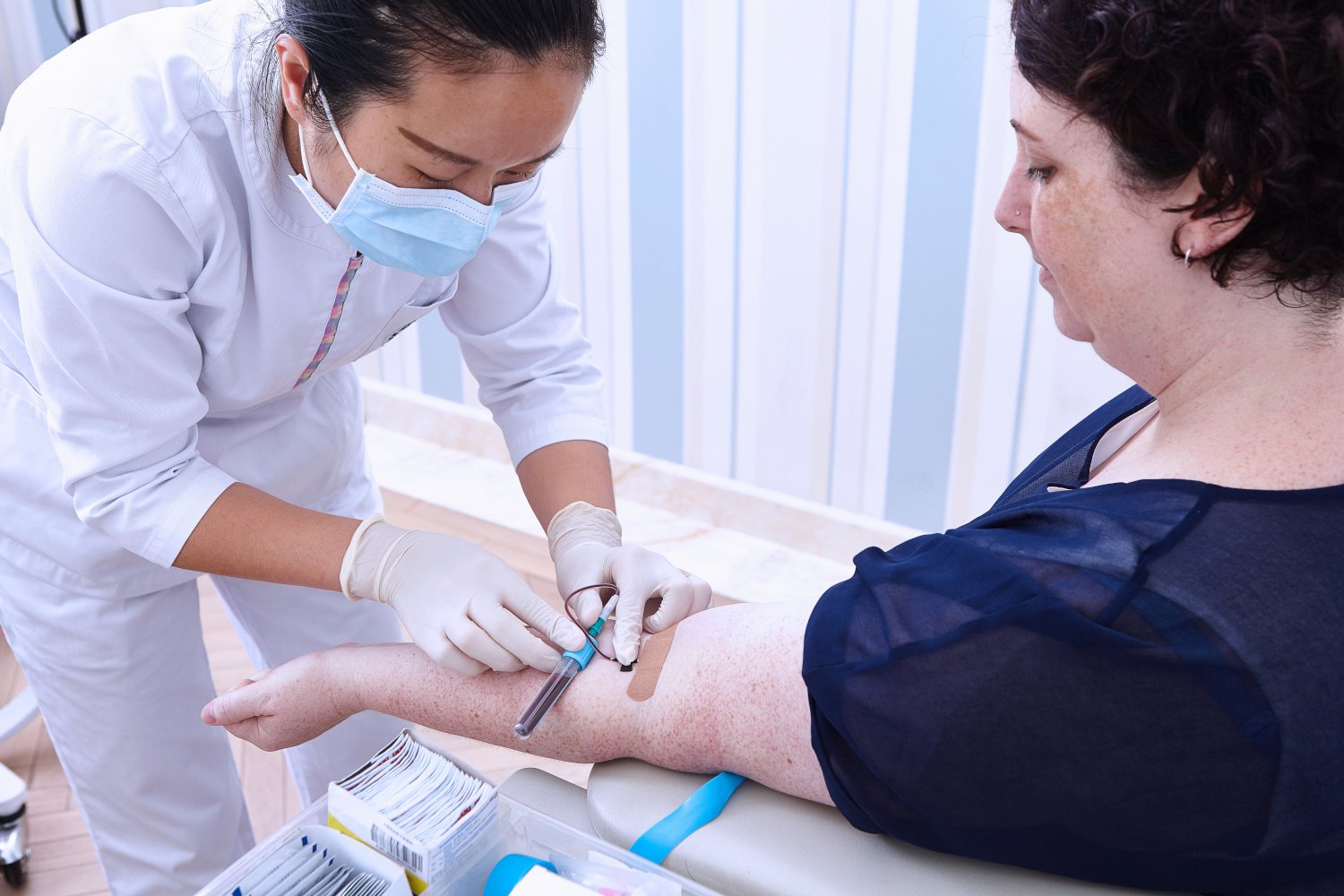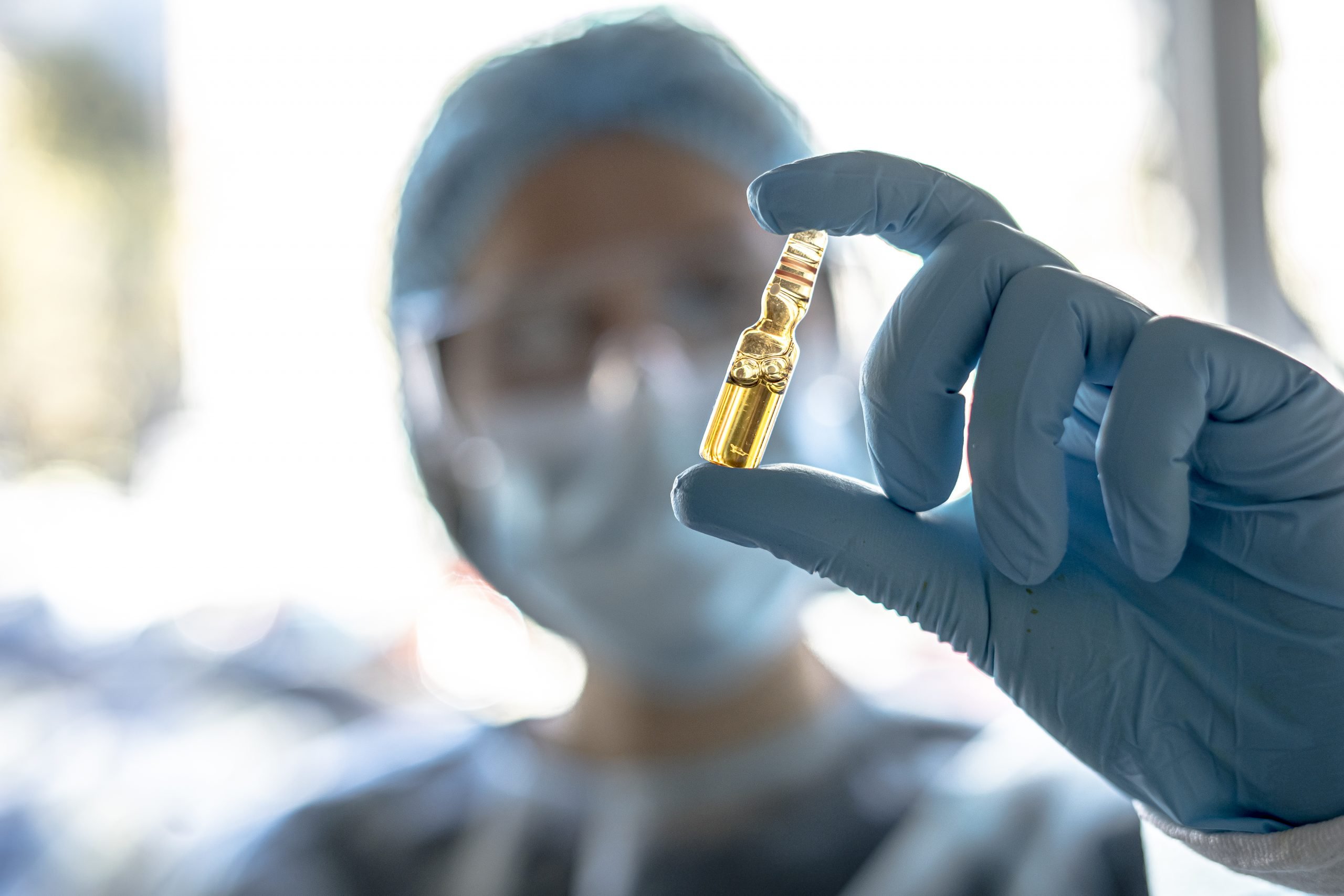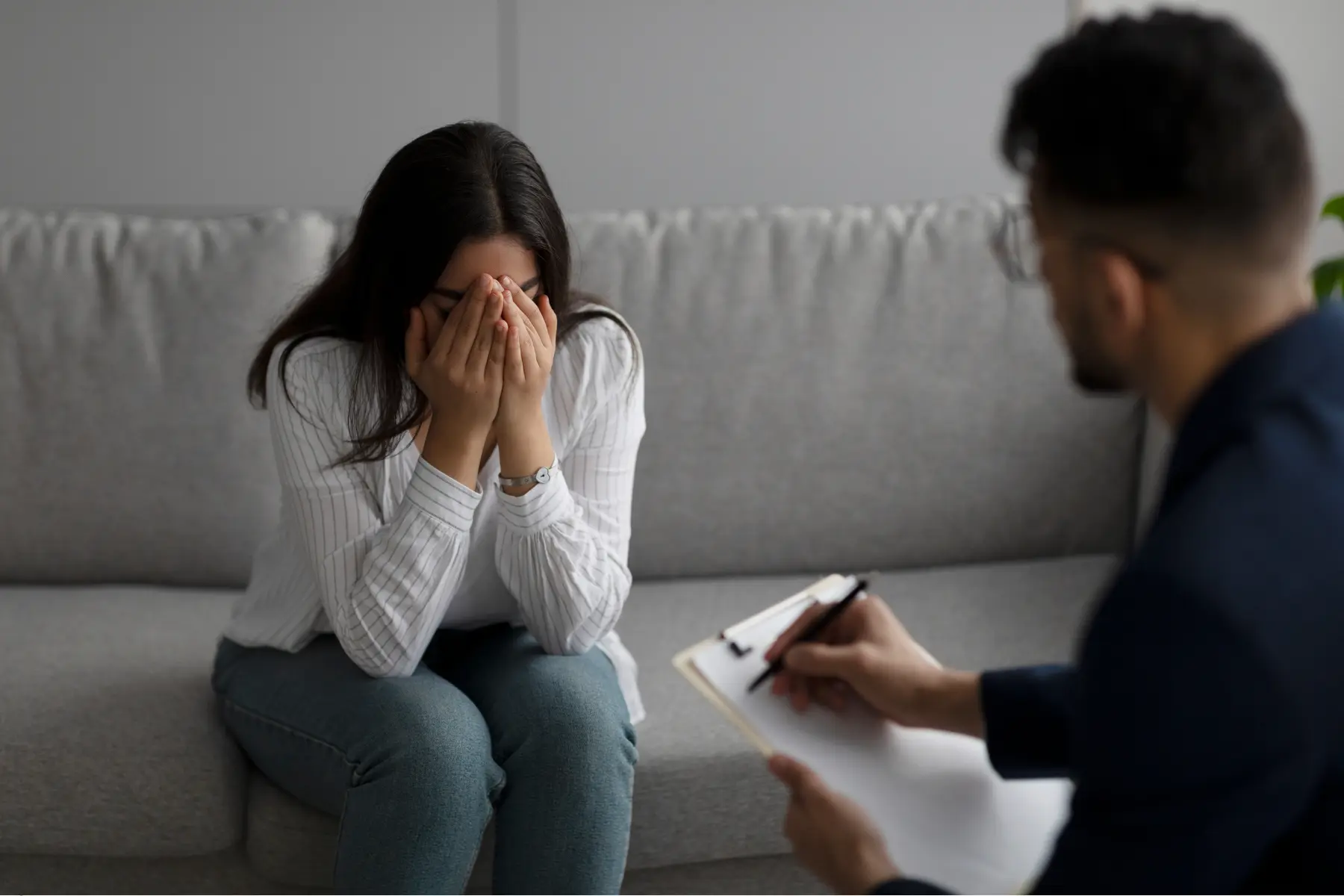In the world of mental health treatment, there is one medication that is becoming extremely popular in a short time — ketamine. You’ve probably heard of ketamine, maybe even as a treatment for depression, especially if you’ve been looking for therapy or another mental health treatment. The medication is losing its stigma as a club drug and is now commonly administered at mental health clinics to treat depression, anxiety, PTSD, ADHD, and other conditions.
If you have heard of ketamine, you may also have heard the term ‘ketamine assisted therapy’. Also known as KAP, ketamine assisted psychotherapy is a specific method of coupling ketamine with psychotherapy, or talk therapy, in order to enhance the effectiveness of the medication and help people achieve breakthroughs in their mental health.
How Ketamine Works
Ketamine is an NMDA receptor antagonist, meaning it blocks NMDA receptors (a type of glutamate receptor) in the brain. It functions differently from traditional antidepressants, which is what makes it so unique as a treatment for depression and other conditions. Studies show that ketamine has the power to create lasting change within the brain. Rather than temporarily adjusting neurotransmitter levels, ketamine can help your brain regrow lost neural connections. This suggests that ketamine actually helps you learn how to think differently.
This unique mechanism of action contributes to ketamine’s fast-acting and long-lasting effects. With conventional antidepressants, it can take a while for the medication to build up in your system, so you’ll have to take the pill daily for a period of time before you notice any effects. In contrast, ketamine can have an impact almost immediately; most patients feel an improvement in symptoms after the first dose. Additionally, unlike daily antidepressants that stop working as soon as you stop taking them, ketamine can provide relief from depression for many months after the treatment is over.
The clinical data reflects ketamine’s unique properties. Among individuals with treatment-resistant depression, meaning they’ve tried other antidepressants that haven’t worked, ketamine provides lasting relief for over 50% of them.
Why Is It Coupled With Therapy?
For any medication or treatment designed to treat conditions like depression, anxiety, or PTSD, undergoing psychotherapy alongside the medication is going to have a greater effect. Typically, medications are used as tools to help alleviate symptoms so they can function in their daily lives and focus on overcoming the disorder through therapy. The goal for most people is to not have to rely on a medication to feel mentally healthy, if possible.
Ketamine is considered a psychedelic, as it has dissociative effects. Just as with other psychedelics like LSD or psilocybin, research suggests that the altered mental state that users experience with ketamine can make psychotherapy sessions more productive. A mildly dissociative state often helps people confront negative emotions or repressed memories, discover underlying beliefs, and transform maladaptive thought patterns. At the very least, it creates a relaxed state that makes it easier for people to explore emotionally sensitive topics and have objective reflection. Many people describe it as “a year of therapy in one session”.
Clinical research also shows that psychotherapy sessions can significantly enhance ketamine’s antidepressant effects. In short, combining the two methods enhances the effects of both. Ketamine assisted therapy can be a powerful tool for conquering depression. While it is most commonly used to treat major depressive disorder, it can also be useful for individuals with ADHD, PTSD, OCD, and anxiety disorders.


























